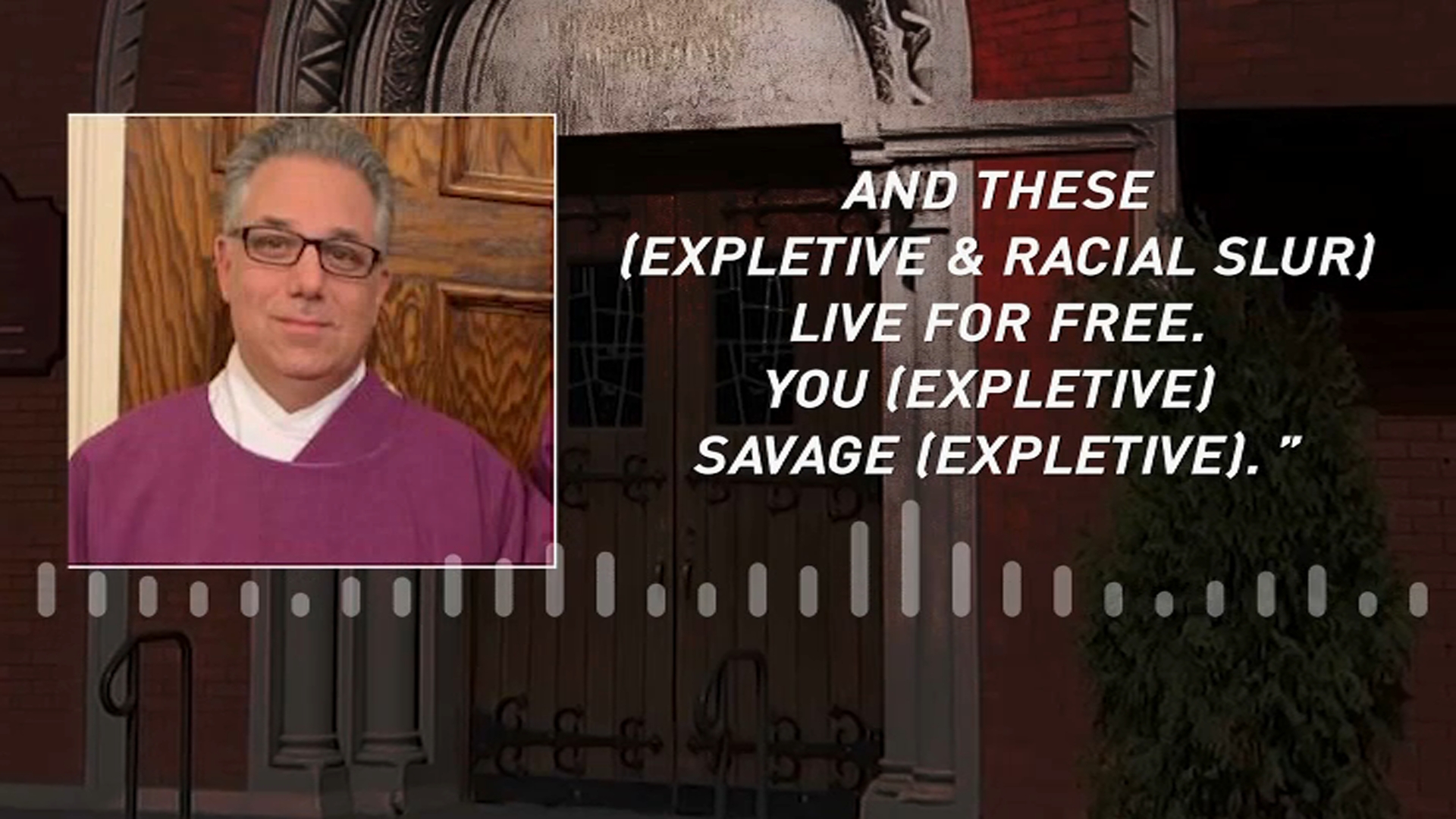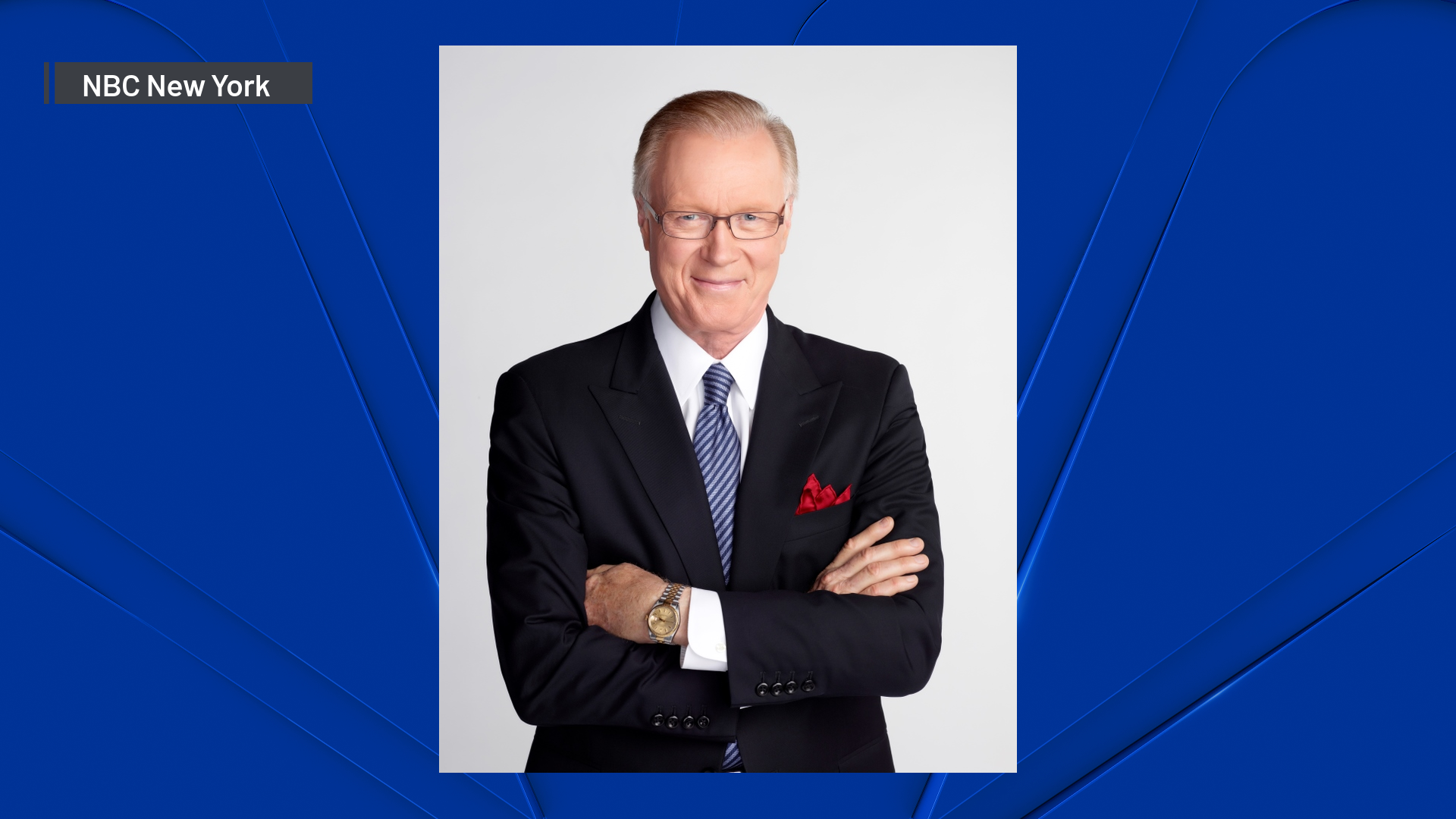What to Know
- New Jersey is dealing with more than 100 active COVID-19 outbreaks in nursing homes throughout the state, according to health commissioner Judith Persichilli.
- "We are seeing a continuing rise in the number of outbreaks in nursing homes: 113 active outbreaks today. That's very concerning because we know that immune systems weaken with age," Persichilli said Monday.
- Currently, more than 93% of residents and 74.2% of staff in New Jersey's long-term care and health facilities are vaccinated, the Garden State's health commissioner said. It is unclear if any of the vaccinated are among the positive cases.
New Jersey is dealing with more than 100 active COVID-19 outbreaks in nursing homes throughout the state, according to health commissioner Judith Persichilli.
"We are seeing a continuing rise in the number of outbreaks in nursing homes: 113 active outbreaks today. That's very concerning because we know that immune systems weaken with age," Persichilli said Monday.
President Joe Biden's administration announced last week that it will require that nursing home staff be vaccinated against COVID-19 as a condition for those facilities to continue receiving federal Medicare and Medicaid funding. The mandate was not only to increase vaccination in the country's war against the virus, but also as an added measure to safeguard those with compromised immune systems.
Currently, more than 93% of residents and 74.2% of staff in New Jersey's long-term care and health facilities are vaccinated, the Garden State's health commissioner said. It is unclear if any of the vaccinated are among the positive cases.
Get Tri-state area news delivered to your inbox. Sign up for NBC New York's News Headlines newsletter.
"Also, we'll be working home with nursing home industry leaders to develop a booster plan for all nursing homes," Persichilli said.
News
U.S. health officials Wednesday announced plans to dispense COVID-19 booster shots to all Americans to shore up their protection amid the surging delta variant and signs that the vaccines' effectiveness is slipping.
The plan, as outlined by the chief of the Centers for Disease Control and Prevention and other top health authorities, calls for an extra dose eight months after people get their second shot of the Pfizer or Moderna vaccine. The doses could begin the week of Sept. 20.
The first boosters would go to people in high-priority groups that received the initial U.S. vaccinations: nursing home residents, health workers and those with underlying health conditions. Health officials are likely to recommend that the booster be the same brand of vaccine that people received initially.



